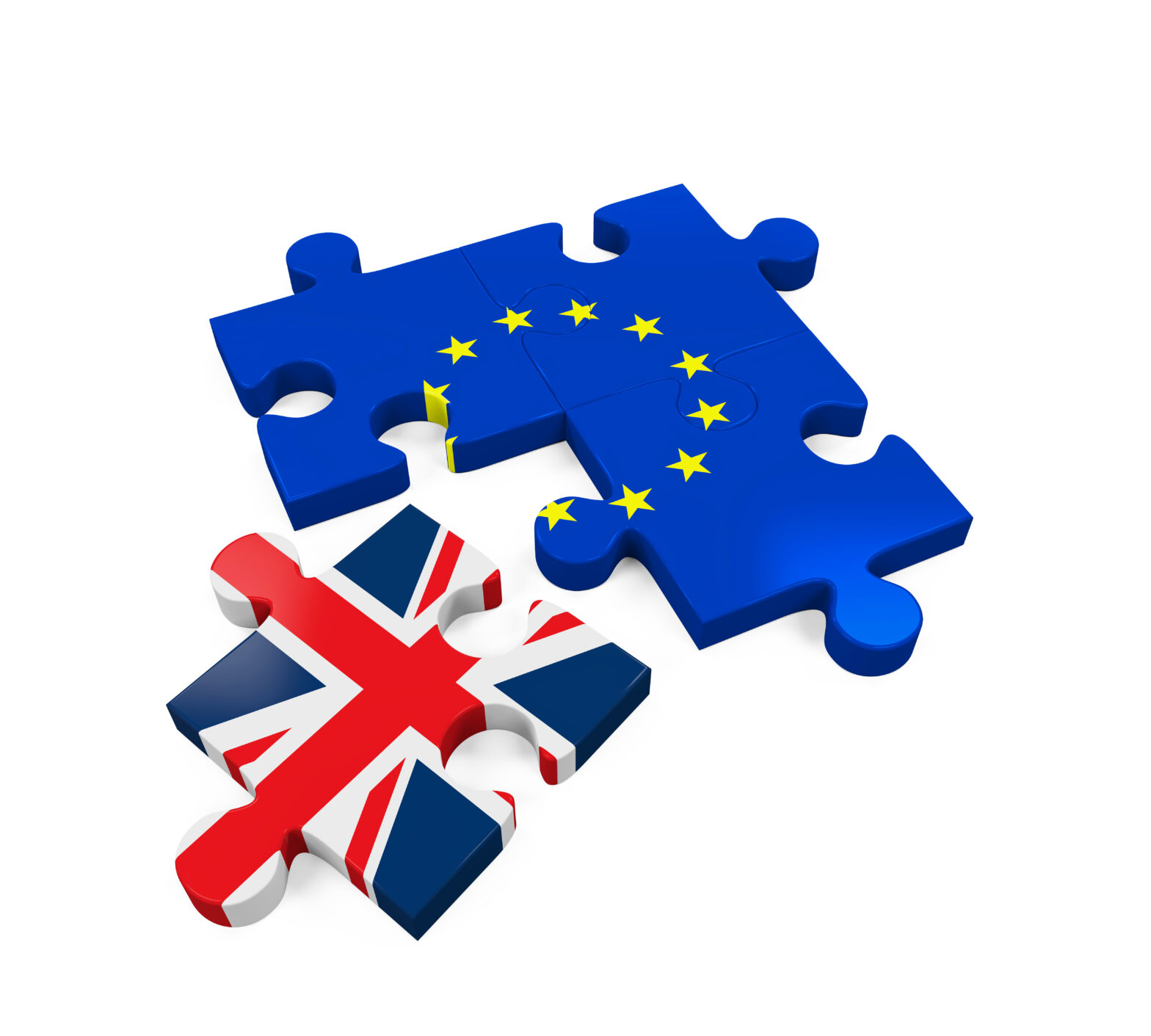The NatWest Entrepreneurship Monitor reveals that interest in starting a new business has been increasing in 2017, after having fallen to a historic low in the run up to and post-Brexit vote.
Following the vote, economic uncertainty shook the confidence of would-be-entrepreneurs with the proportion of people wanting to start a new business dropping from 39 per cent in Q2 2015 to 10 per cent in Q3 2016.
However, a poll conducted in Q1 2017, shows that those saying that they would like to start a business increased to 14 per cent as the economy remained relatively robust in the run-up to triggering Article 50.
Despite aspiring entrepreneurs beginning to regain confidence, less than one in five feel that now is a good time to start a business. Of those that have considered or would like to start their own business, two-in-five feel that they are held back by not having a business plan or the fact that their financial security would be put at risk by borrowing money.
London: The entrepreneurial hub
These doubts appear to be holding budding entrepreneurs back in parts of the UK. In London and the West Midlands, the number of people wanting to start their own business is around double the number of people who have actually made the leap into being self-employed, whilst in Scotland this discrepancy is more than three times the amount.
The research also reveals that men are more likely than women to want to setup a business (16 per cent vs. 12 per cent), and are more inclined to believe that now is the right time to start-up (24 per cent vs. 18 per cent). Over half of women (58 per cent) are held back by fear of failure (vs. 50 per cent of men), and only 37 per cent of women know where to go to get the right information and advice.
Encouragingly, some of the barriers women face are not insurmountable. More than two thirds of women said they would be more encouraged to take the first step if they had inspiring female role models, access to a network of local female entrepreneurs, and information targeted at women’s specific circumstances.
Once in business, female entrepreneurs show good levels of confidence, with women more likely than men to say they have all the skills they need to succeed (30 per cent vs 22 per cent).
Alison Rose, CEO of commercial and private banking at NatWest, says, ‘The drop in confidence given the changing economic climate caused by the referendum was no great shock, but as the economy has started to bounce back, we have also seen a gradual rise in the number of people interested in starting a new business.
‘Undoubtedly there will be bumps in the road as negotiations on Brexit continue, and confidence levels may fluctuate, but it’s very encouraging to see us moving in the right direction again and we expect this to continue post Q1.
‘However, in order for more people to take the plunge banks must do their utmost to provide support in these early stages. It is clear that women in particular want local support, local networks and local advice and at NatWest we are doing more to support UK businesses by going beyond just finance to help businesses reach their ambitions.
‘This includes our Women in Business programme, free business accelerators, help for businesses looking to export, and specialist sector support.’





